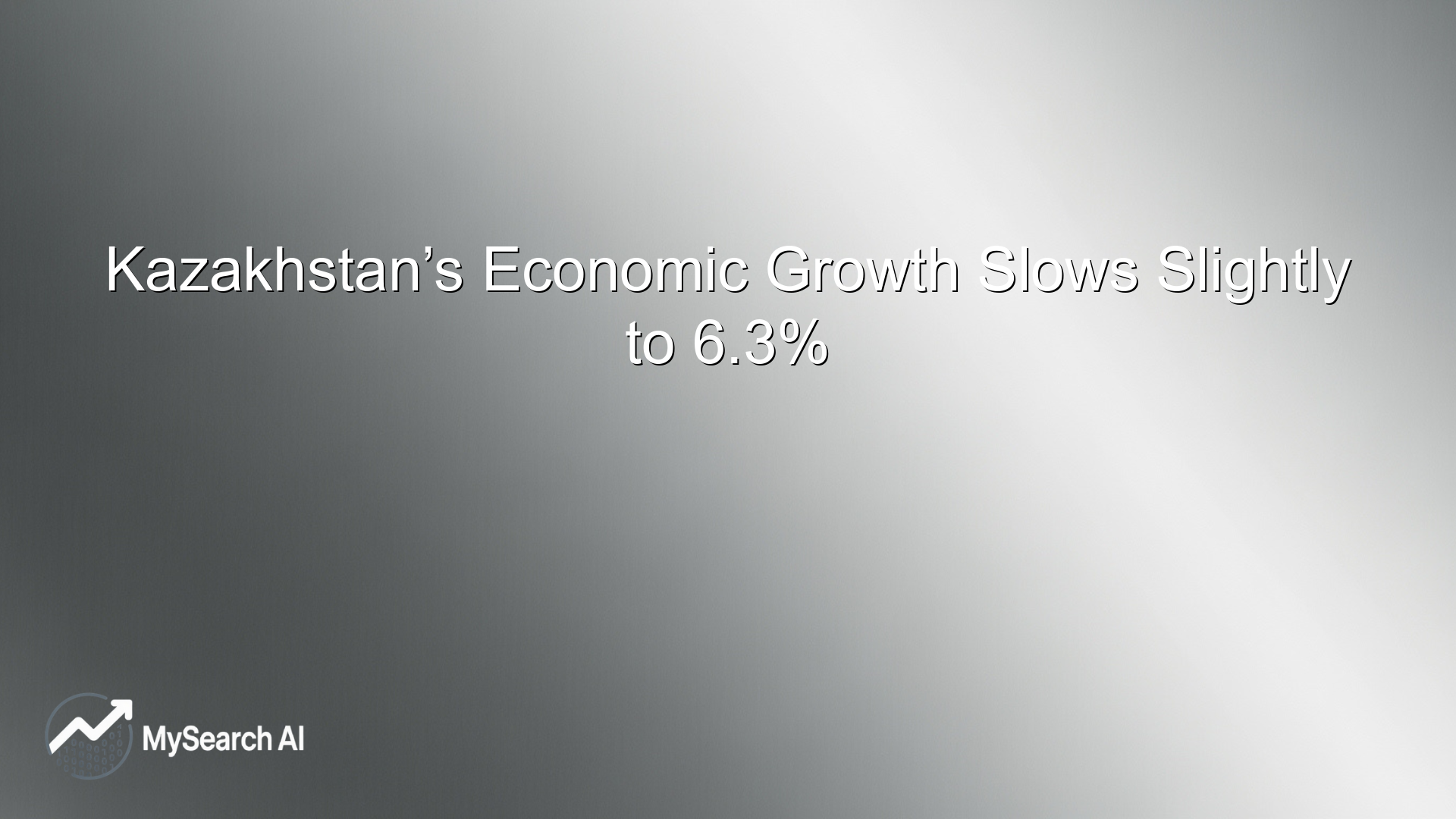Related Articles
Ask anything about stocks
Bundestag News Today: German Parliament Approves Historic Debt Reform
The German Bundestag has made a significant decision by approving a historic reform of its fiscal policy. By amending the debt brake, the reform allows for increased defense spending and establishes a €500 billion fund aimed at infrastructure and climate advancements. This move reflects Germany’s strategic shift in addressing both economic and environmental challenges.
Understanding the Bundestag Debt Reform
The Bundestag’s recent decision to modify the debt brake marks a turning point in Germany’s approach to fiscal policy. Traditionally, the debt brake limited Germany’s capacity to borrow, aiming to maintain fiscal discipline. By easing these restrictions, the government can now allocate more funds towards strategic areas like defense and infrastructure. The amendment also aligns with Germany’s broader objective to support the European Union’s commitments to security and sustainability. The approved package includes a €500 billion investment in infrastructure and climate initiatives, acknowledging the urgency to address climate change and modernize critical systems. This decision signals a robust response to Germany’s evolving needs and worldwide challenges.
Implications for the German Economy
The Bundestag’s decision may ignite various economic effects in Germany. By increasing allowable public debt, the government plans to stimulate economic growth, creating jobs across sectors like construction and renewable energy. Additionally, enhanced defense spending reflects a strategic pivot towards strengthening national and regional security. Germany’s infrastructure, often cited as needing modernization, will benefit from this reform. The planned investments are expected to create substantial employment opportunities and innovations in green technologies. This approach not only addresses immediate economic recovery but also secures long-term sustainability for future generations. Read more about this development.
Global and Political Repercussions
This reform extends beyond Germany, influencing Europe and beyond. By taking steps to boost defense spending, Germany strengthens its role within NATO and the EU, aligning more closely with allied priorities. Politically, this move may bolster the German government’s standing, showcasing decisive action to tackle contemporary issues. However, it also opens debates between fiscal conservatives and those advocating for proactive public investment. These discussions may shape future policy dialogues both within Germany and across Europe. The accompanying infrastructure and climate fund demonstrates Germany’s leadership in renewable energy and climate policy, potentially setting examples for other nations.
Final Thoughts
The Bundestag’s approval of the debt reform exemplifies Germany’s adaptive approach to current global challenges. By amending the debt brake and investing heavily in defense and infrastructure, Germany is positioning itself for future resilience and growth. This shift not only reflects economic priorities but also underscores Germany’s commitment to both national security and climate responsibility. As these changes unfold, the long-term impacts will likely be deeply felt throughout Europe and influence global dialogues on fiscal strategies.
FAQs
What is the Bundestag debt reform?
The Bundestag debt reform involves amending Germany's debt brake to allow for increased borrowing. This change is aimed at enhancing defense spending and setting up a €500 billion fund for infrastructure and climate projects.
How will this reform affect Germany's economy?
The reform is expected to stimulate economic growth by creating jobs in sectors like construction and renewable energy. It also aims to strengthen Germany’s defense capabilities and modernize infrastructure.
What are the political implications of this move?
Politically, this move strengthens Germany's role within NATO and the EU. It may improve the government's standing by showing decisive action on security and climate issues, though it may also lead to debates on fiscal policies.
Disclaimer:
This is for information only, not financial advice. Always do your research.



